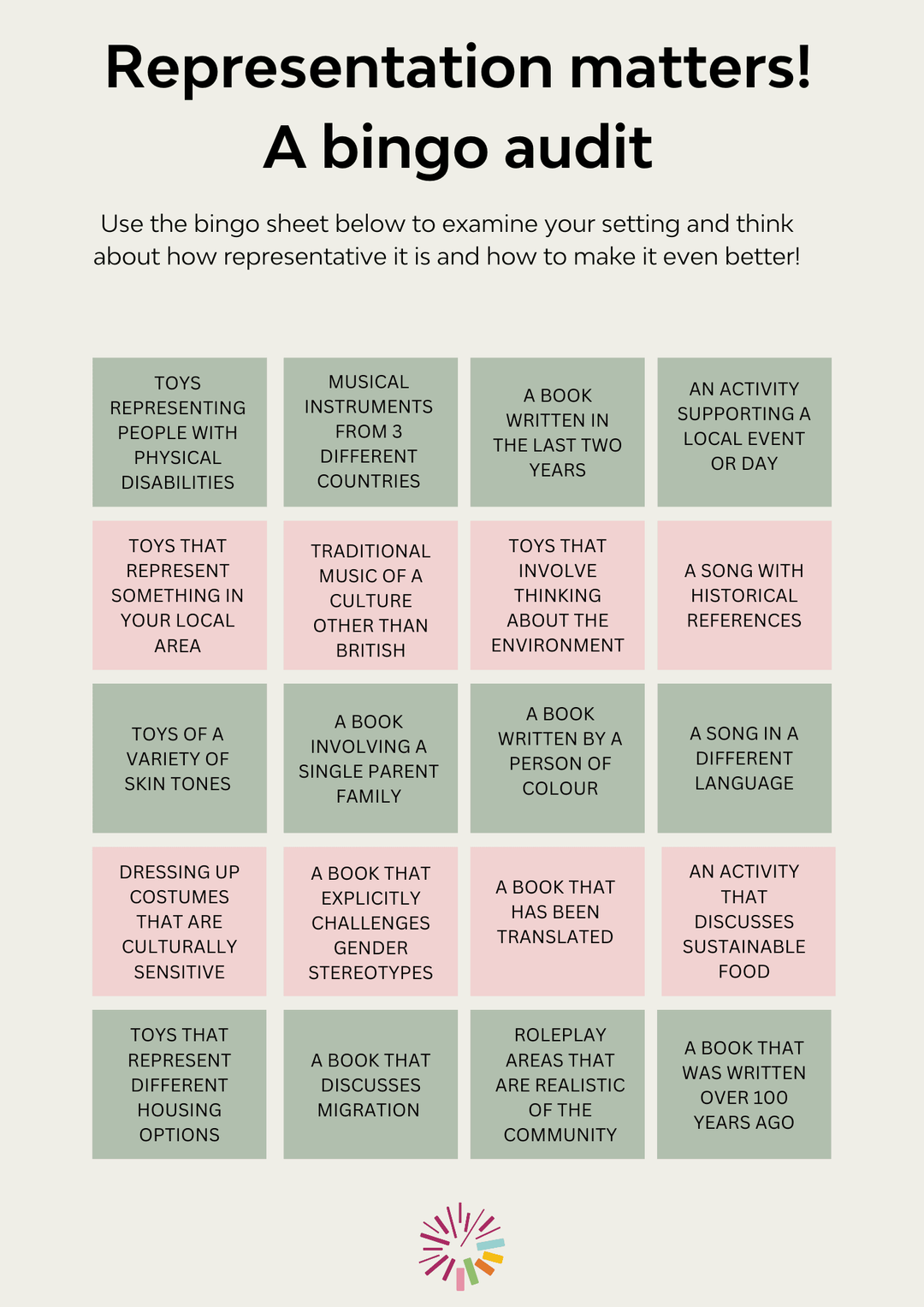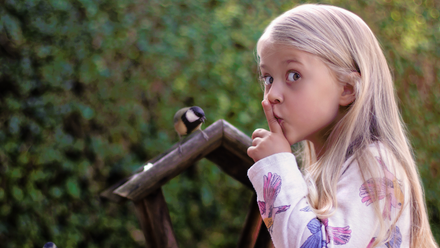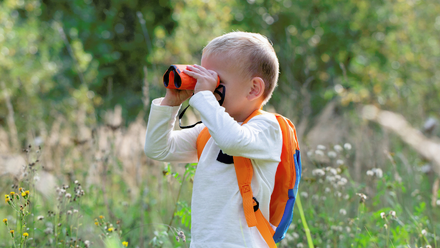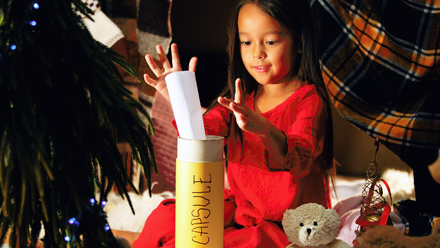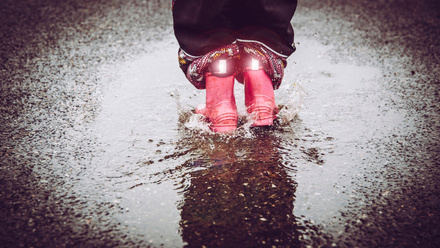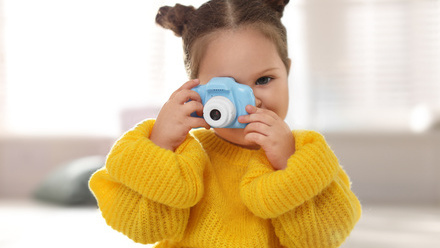Engaging children with learning about people and communities
In our early years, we develop our first sense of self, understanding the complex notion that we are individual and unique – that we are surrounded by a world of billions of other individual and unique people, who form vast communities across the world. It’s a big concept and one that adults still struggle to grasp when we think about current conflicts and historical events.
In early education and care, a significant part of our work involves relating valuable learning opportunities to the real-life experiences of the child – making it a relatable, meaningful interaction that recognising their own sense of community and culture in a multitude of ways whilst also exposing them to new perspectives and establishing respect for the diverse society we live in.
So, in this learning workout, it’s time to explore ways to engage children in learning about community. There are endless possibilities for this and each will be influenced by the specific nature of your community! Let’s get started…
Thinking about our learning outcomes
Having an awareness of the world around us is not only beneficial to ourselves, developing a sustained and confident understanding of where we belong to and how we relate to others, but also has a huge influence upon the ways we interact with others, embracing diversity and contributing towards a colourful culture that accepts and values everyone. It helps to build empathy for others when we give opportunities to think about other people’s circumstances. It allows us to practice our communication and language skills by listening to others sensitively and contributing our own experiences, too. In fact, it’s so influential that it can impact engagement and participation in education way beyond the early years.
Developing learning environments that are rich in the qualities of community and culture are so much more than just highlighting different skin tones and job roles. It has a profound impact on our social skills and emotional development as well, rippling across all areas of growth.
For many children, especially in a post-pandemic society, young children engaging in formal early education and care provisions are often experiencing their first sense of ‘different,’ an alternative reality to the life they live. As professionals supporting children in this unfamiliar environment, it is important to recognise this radical change and highlight the link between their understanding of their community and beyond with their engagement in setting.
As ever, the community around a child is influenced directly by the experiences they are exposed to and that the home environment offers. Having a dynamic and open relationship with families and sustaining genuine conversation with them can benefit massively in finding out about a child’s surroundings and how their wider understanding of the world around them has been developed, and how you can support this further within setting.
Ways we can learn about community, environment and people
Understanding the community around us is a perplexing and fascinating area of learning for young children. Pioneering theorist Jean Piaget highlighted that children aged two to seven are in a developmental phase called the preoperational stage which, amongst other developments, involves increased curiosity about the world around us yet remaining egocentric – believing that everyone sees the world as we do.
Sustainability
Sustainability is a growing concern in today’s world – the United Nations Brundtland Commission defined sustainability as “meeting the needs of the present without compromising the ability of future generations to meet their own needs” in 1987 but, since then, issues of climate change and sustainable futures has become urgent across the world.
A survey conducted by Save the Children found that over 70% of children are concerned about the world they inherit. Eco anxiety refers to the worry and anxiety related to, caused by, issues of climate change, including feelings of anxiety and hopelessness. Children in their early years are not immune from this, so it’s valuable to implement opportunities for learning about the environment and their role within it.
- Recycling is an everyday activity that gives children the opportunity to get involved in sustainable actions within the community. Talk to children about the opportunities to recycle within the community, thinking about local areas for recycling as opportunities to engage children in meaningful action.
- Eco-bricks are great opportunities to develop a range of skills in a way that promotes conversation about reusing materials and creating opportunities for sustainable resources.
People in the community
The world around us is a diverse and special place, a melting pot of cultures and traditions to be embraced and recognised by everyone. Teaching children about a range of cultural experiences makes for a fun and stimulating ways to think about the perspectives and values of others.
This might range from events within the community that matter to specific areas or wider celebrations, festivals and significant days. It’s important to ensure that families are represented within the setting and highlighting things that matter to the community is just one aspect of this.
- Ask families about events that matter to them, ensuring an open conversation devoid of assumptions. Think about the ways this is represented, too, to incorporate the values and sentiment of the event into the activities you explore. Ask parents, carers and children themselves about the ways they partake in special events to make sure that children’s experiences are reflected and listened to in an authentic way.
- Exploring the community can also involve thinking about important places in the area. Libraries, post offices, shops, hospitals, emergency services and leisure centres all form parts of a typical high street that children visit every day. Utilising these experiences to form learning opportunities both in and beyond setting support wider understanding of the ways society operate and the role that each person can play in it.
Representing me
Whilst learning about others is an indispensable part of the outcomes for children engaging in their wider community, it’s also deeply impactful to represent children’s own experiences and interests, creating a greater sense of belonging not only to the setting but out into the wider community too. It also makes the conversations you have as a group a great avenue into teaching other children about the cultures and values of their friends to enhance empathy, understanding and working towards a future without prejudice.
- Explore a variety of books that represent different circumstances, including family diversity, race, gender, disability and so much more. Think about the way messages are communicated and the conversations this promotes to think about the values highlighted by each of the provocations.
- Use a wide range of inclusive language when engaging in conversations with children. For example, instead of saying “mums and dads” you might refer to adults at home as “your grownups,” becoming more away and inclusive of family dynamics and changing experiences for children. Children might also use different terms to refer to family in other languages so being aware of not only the significant people in a child’s life but also how they refer to them is helpful for relating conversations and creating another element of inclusivity.
Conclusions
Learning about the community is so much more than just thinking about the people with specific roles or learning about the ways our community has evolved. It’s about thinking about the relatability of experiences and the ways that we belong in the world we live in. Understanding our own values and those of others contributes towards an inclusive society that values everyone, working together to embrace difference and celebrate everyone’s contributions to an ever-changing world.
Representation matters bingo
A valuable aspect of learning about the community around us is ensuring that the ideas and opportunities are representative of the cultures and diversity around us, and beyond. Use this bingo sheet to think about the current provisions in place and how to make them even more representative as you move forwards.
